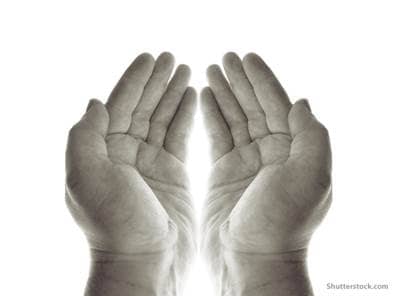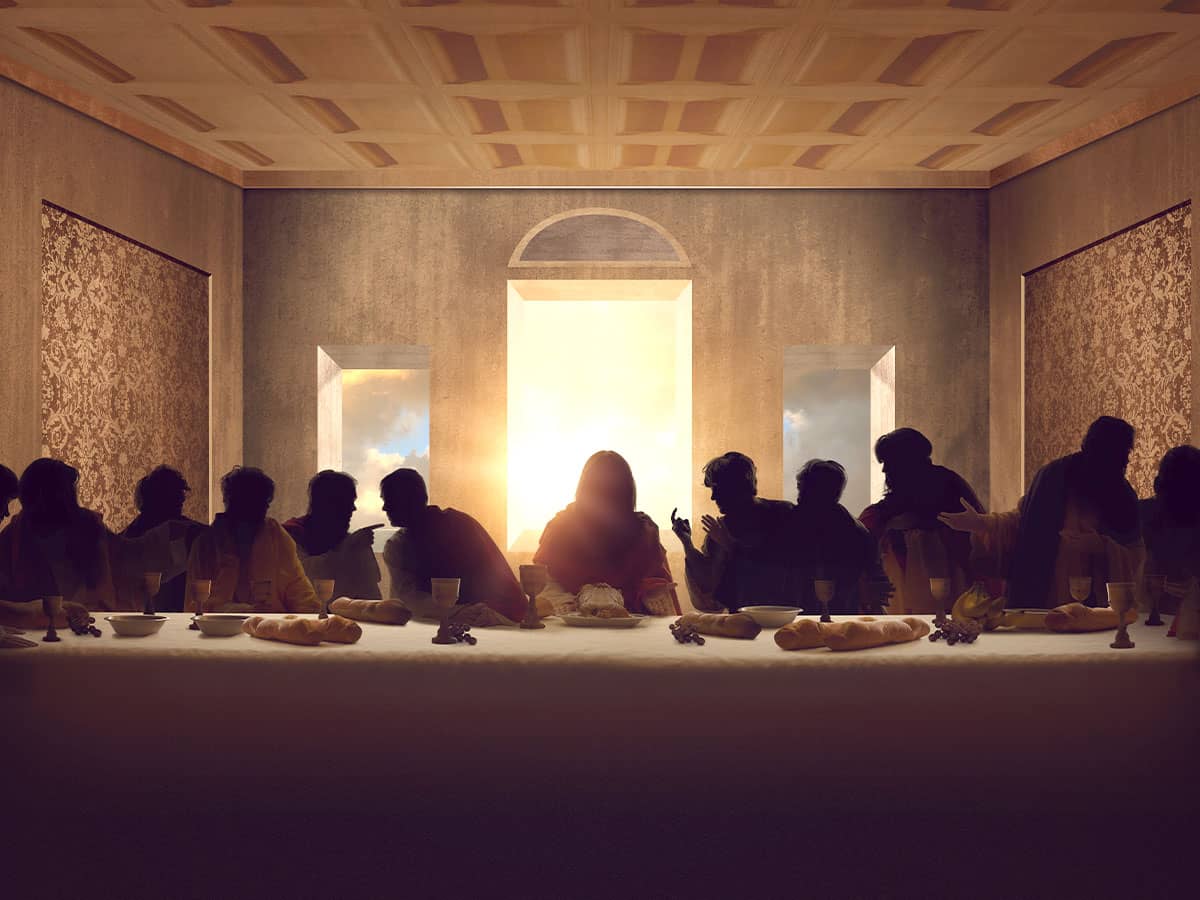
Recently, President Obama made a reference to the Hebrew Bible when making his controversial speech on November 20, 2014 dealing with immigration policy. He cited a verse in Exodus (23:9) as justification for his plan to extend protection from deportation for millions of undocumented immigrants:
“You shall not oppress a stranger; you know the heart of a stranger, for you were strangers in the land of Egypt.” President Obama asserted: Most of these immigrants have been here a long time. They work hard, often in tough, low-paying jobs. They support their families. They worship at our churches. Many of their kids are American-born or spent most of their lives here, and their hopes, dreams, and patriotism are just like ours. As my predecessor, President Bush once put it: ‘They are part of American life.’
The Hebrew Bible considered it very important to remember the slavery of the Israelites in Egypt — not only for those closest to the event in ancient times, but even more critically for later generations. This paper will analyze this Biblical exhortation to remember the slavery; examining why remembering is so important and the benefits to society of holding onto this “memory.” Then we will look critically at issues our society struggles with today — and at the very real consequences of forgetting.
Remember the Slavery
One of the more perplexing directives in the Hebrew Bible is to remember that you were a slave in Egypt. After all, most people would rather celebrate freedom than remember slavery. This directive is stated explicitly five times in Deuteronomy.

And when you send them away free [the Israelite slave], do not send them away empty-handed. Supply them liberally from your flock, your threshing floor and your winepress. As the Lord your God has blessed you, so shall you give them. And you shall remember that you were slaves in Egypt and the Lord your God liberated you. That is why I give you this command today (Deuteronomy 15: 13-15).
And you shall rejoice before the Lord your God, you and your son and your daughter, your male servant and your female servant, the Levite that is within your gates, the stranger, the orphan, and the widow, that are among you, in the place that the Lord your God will choose to cause his name to dwell there. And you shall remember that you were slaves in Egypt, and you shall keep and observe these statutes (Deuteronomy 16: 11-12).
You shall not pervert the justice due to the stranger or the orphan; nor take the widow’s garment as a pledge. And you shall remember that you were slaves in Egypt and the Lord your God liberated you. That is why I command you to do this (Deuteronomy 24:17-18).
When you harvest the grapes in your vineyard, do not glean it afterward. Leave what remains for the stranger, the orphan, and the widow. And you shall remember that you were slaves in Egypt and the Lord your God liberated you. That is why I command you to do this (Deuteronomy 24: 21-22).
The command to remember that you were “strangers in Egypt,” similar to the idea of remembering slavery, is stated in Exodus and Deuteronomy in connection with how to deal with the stranger:
You shall not oppress a stranger, for you know the feelings of a stranger, seeing that you were strangers in the land of Egypt (Exodus 23:9).

When a Jew brought the first fruits (bikkurim) to the priest he had to declare:
Then you shall declare before the Lord your God: My father was a wandering Aramean, and he descended to Egypt and lived there, few in number, and became a great nation, powerful and numerous (Deuteronomy 26:5).
Most of the commentaries feel that this verse refers to Jacob who lived for 20 years with Laban in Aram and that is where Jacob married; his sons, with the exception of Benjamin, were born there. Abraham was originally from Aram and some commentaries believe the verse alludes to him. In any case, it is a reminder that Jacob, the forefather of the twelve tribes, did not have an easy life and had to work hard. The basket of first fruit was a token of gratitude for owning property in one’s own land.
Moses understood what it was like to be one of the disadvantaged people. He had to flee from Egypt where he was a prince and lived in Midian. He named his first born Gershom because he was a “stranger in a strange land” (Exodus 2: 22). Moses stressed the importance of teaching the slavery tradition to children. In fact, these verses are an important part of the Passover Seder.
When your child asks you in the future, ‘What is the meaning of the testimonies, statutes, and laws that the Lord our God commanded you?’ You shall say to your child: ‘We were slaves to Pharaoh in Egypt, but the Lord took us out of Egypt with a mighty hand’ (Deuteronomy 6: 20-21).
In the Haggadah (literally, “telling, i.e., the text recited at the Passover Seder), the above is the question asked by the wise son. However, in the Bible, this question does not specifically refer to Passover. The child is asking about all of the commandments. Rabbi Jonathan Sacks sees him as a wise child because he makes a distinction between testimonies, statutes, and laws of social justice.

Even when Moses repeated the Ten Commandments (Deuteronomy 5) to the Israelites when he was near death, he added this phrase of remembering the past slavery in Egypt. Surprisingly, this phrase did not appear the first time the Israelites –the ones who had actually left the slavery of Egypt – heard the Ten Commandments directly from God (Exodus 19). The reason given in Exodus for resting on the Sabbath had to do with imitatio Dei — it was supposed to be a reminder that God created the world in six days and rested on the seventh. Moses, when speaking to the children born in the wilderness and who had never experienced slavery, provided a new reason for resting on the Sabbath. Their parents had been slaves in Egypt and worked seven days a week. It was important for the children to show compassion to slaves and animals by providing them with a weekly respite from work. This was important for the Israelites to understand since they were about to enter the Promised Land and would have to do what was necessary to keep their country strong — including showing compassion and concern for the weak and powerless. Rather than repeating God’s words, Moses inserted a key phrase for people about to create a new country.
People whose own families were once slaves should be able to show empathy to their servants and provide them with the means to become landowners and escape poverty. The Bible demands that those that are successful assist those who are in poverty with opportunities to work. Thus, masters were required to give their slaves a severance gift known as hanakah (Deuteronomy 15). The purpose of this gift was to provide the freed slave with the materials that he or she would need to start a new life as a free person. The reason provided for this gift (Deuteronomy 15), naturally, is because “you were slaves in Egypt.”

Consequences of Forgetting the Past
The Bible is more than just a record of ancient history. It is on virtually everyone’s list of the “100 most influential books ever written” (see, for example, book with this title by Martin Seymour-Smith); there is a great deal of wisdom in its pages for believers as well as non-believers. If remembering that we were slaves and strangers is supposed to help us support the disadvantages and marginalized, how does our society today chalk up against this requirement?
First, we have to stop convincing ourselves that nothing is wrong and that the United States is still number one in the world. It is scary to think that 25% of children in the United States live in poverty – the highest among all developed nations. The income of the middle class peaked in 1999 and has been either stagnant or declining in real terms since then. According to a new measure of wellbeing, the social progress index, the United States is ranked number 16 out of 132 countries. The social progress index is a broad measure of social well-being that includes 54 economic indicators (e.g., literacy rates, access to clean water, access to clean air, health of citizens, etc.) and is more meaningful than per capita gross domestic product (GDP). Countries that are ahead of us on the social progress index are: New Zealand, Switzerland, Iceland, Netherlands, Norway, Sweden, Canada, Finland, Denmark, Australia, Austria, Germany, United Kingdom, Japan, and Ireland (http://www.socialprogressimperative.org/data/spi#performance/countries/spi/dim1,dim2,dim3). The United States does not score well on happiness either, and ranked 17th as measured by the life satisfaction score, with Switzerland, Canada, Denmark and Norway holding the four top spots in this ranking. A major reason the United States keeps declining in happiness has to do with income inequality which is among the worst of the OECD countries. The United States was ranked #17 in 2014 in Transparency International’s Corruption Perceptions Index. Denmark was #1 and viewed as the least corrupt country; Somalia and North Korea (rank = #174) were perceived as the most corrupt in the world (https://www.transparency.org/cpi2014/results). We are definitely in decline and have to rethink what we are doing.

The playing field is far from level. A study by Martin Gilens and Benjamin I. Page of Princeton examined approximately 1,800 different policy initiatives from 1981 to 2002 and found that legislation is much more likely to follow the preference of the wealthy elite at the 90th percentile of income than the majority, people at the 50th percentile. In other words, the rich have much more influence in determining the direction of the United States than the majority. When ordinary people get the legislation they want it is because their interests correspond with the interests of the elite.
In 1992, the Soviet Union unexpectedly collapsed; no one had predicted it. Mikhail Gorbachev provided the reason:
The Soviet model was defeated not only on the economic and social levels; it was defeated on a cultural level. Our society, our people, the most educated, the most intellectual, rejected that model on the cultural level because it does not respect the man, oppresses him spiritually and politically.

[We] stole from ourselves, took and gave bribes, lied in the reports, in newspapers, from high podiums, wallowed in our lies, hung medals on one another. And all of this -- from top to bottom and from bottom to top.
The main reason for the collapse of the Soviet Union appears to have been the total indifference to the needs of the people. All that mattered was that the leaders at the top would maintain power; they had no concern or compassion for the masses. Russian President Dmitry Medvedev stated in 2012 that “The best investment [the state can make in man] is Liberty and the Rule of Law. And respect for man's Dignity.”
Conclusion
If a society wants to prosper, it has to open its doors, welcome the stranger, and show compassion for the poor.
There is no question that the United States became great because it opened its doors to immigrants from many different countries. Many Americans have forgotten that their own parents or grandparents came to the United States as penniless immigrants. This was not a country free of bigotry but it was a land of opportunity for most people willing to work hard. We may not have been slaves in Egypt but we should all be able to remember what happened in the past to our forebears in countries such as China, Cuba, Germany, Haiti, Ireland, Mexico, Nigeria, Russia, Syria, and Vietnam. The only way America will thrive is if everyone works together to help everyone prosper. A country should not only be concerned about the wealthy and indifferent to the plight of the impoverished. Anthony Burgess got it right when he said: “It's always good to remember where you come from and celebrate it. To remember where you come from is part of where you're going.”
